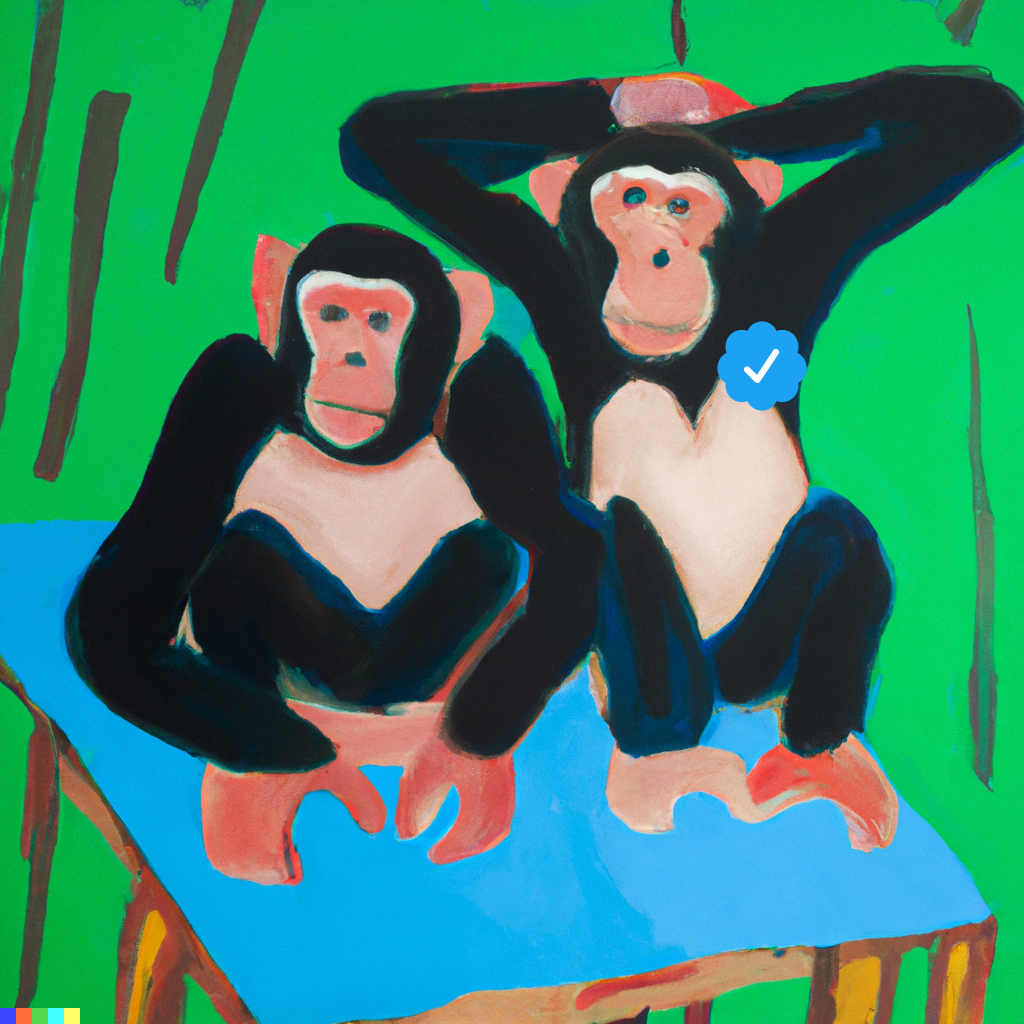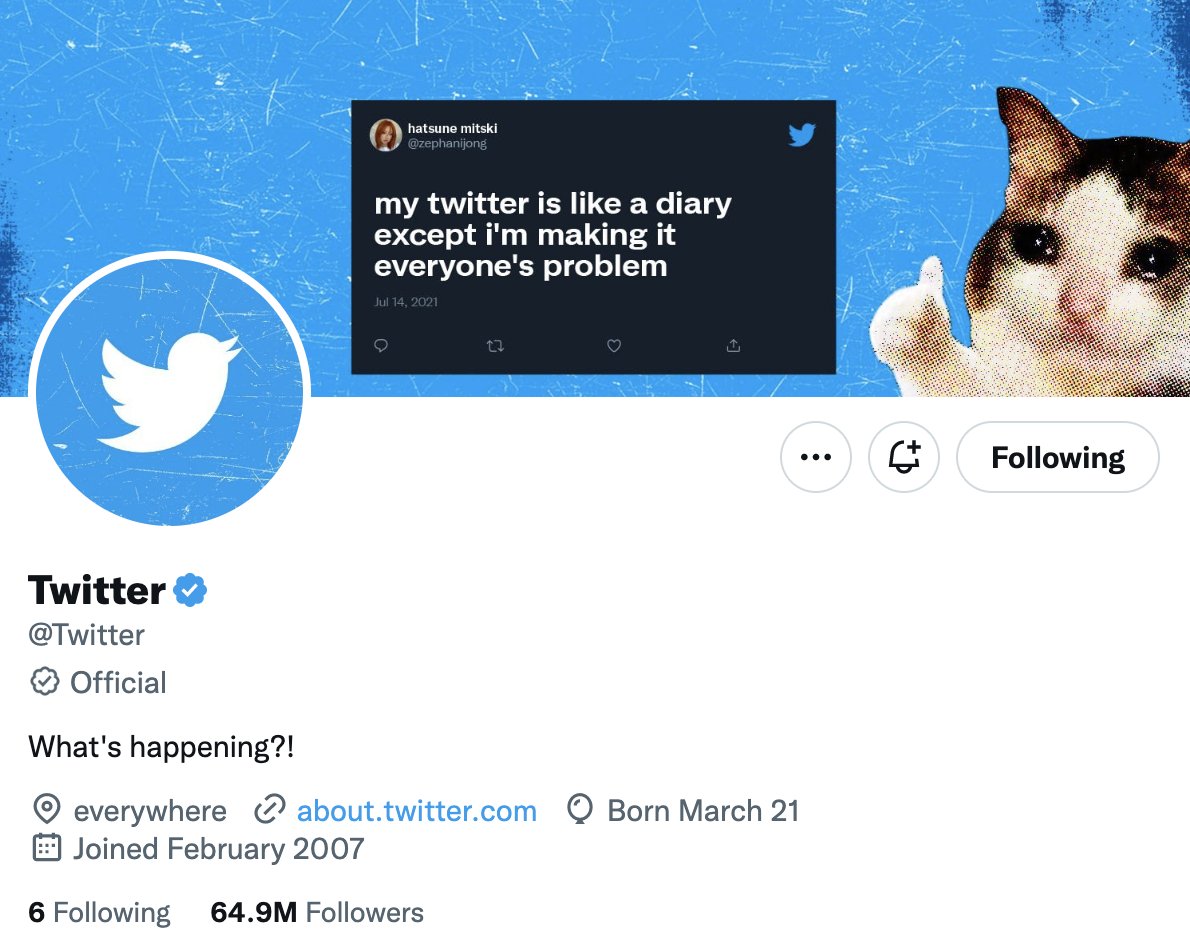
Sponsored By: 42 Agency
Scale your B2B SaaS Brand with 42 Agency. 42 Agency is your plug and play demand-get and revenue ops team—used by used by ProfitWell, Cin7, SproutSocial, Guru, Smile.io, and dozens of other companies that are looking to scale.
All great ideas eventually get abused. With the “$8 blue checks for all” era upon us, it seems we have reached a new low point for Eugene Wei’s seminal theory of social networking, Status as a Service, published in 2019.
The original theory makes perfect sense: people tend to seek the most efficient paths to gaining social status, and social networks succeed when they give a meaningful segment of the population a uniquely efficient path to winning status. But a fixation on digital status leads to boring apps that nobody wants to use (anyone remember BitClout?). I worry this type of thinking will degrade Twitter.
Thankfully, there is an antidote. Instead of focusing on symbols of status, Twitter—and really anyone building a social network—should focus on helping users create things for each other that have real value: entertainment, knowledge, and connection. A person’s status is ultimately a function of the value they create for others. Making the symbols of status more visible without increasing value creation is like printing money without increasing the productive capacity of the economy: it feels good in the short run but leads nowhere. We are entering a period of non-transitory status symbol inflation.
Twitter allowing anyone to buy a blue check makes about as much sense as Harvard allowing anyone to purchase a degree: the value proposition evaporates when anyone can get it. Predictably, some folks at Twitter realized they needed a new tier above the blue check to preserve a status hierarchy, even before the $8 blue check subscription service went live:
Then, hours into the rollout of the new “gray check” system, Elon Musk decided he didn’t like it:
But wait! The legacy status system lives on. If you click someone’s check, you can still see if they “earned” it (left) or merely bought it (right):
The Only Subscription
You Need to
Stay at the
Edge of AI
The essential toolkit for those shaping the future
"This might be the best value you
can get from an AI subscription."
- Jay S.
Join 100,000+ leaders, builders, and innovators

Email address
Already have an account? Sign in
What is included in a subscription?
Daily insights from AI pioneers + early access to powerful AI tools












Comments
Don't have an account? Sign up!